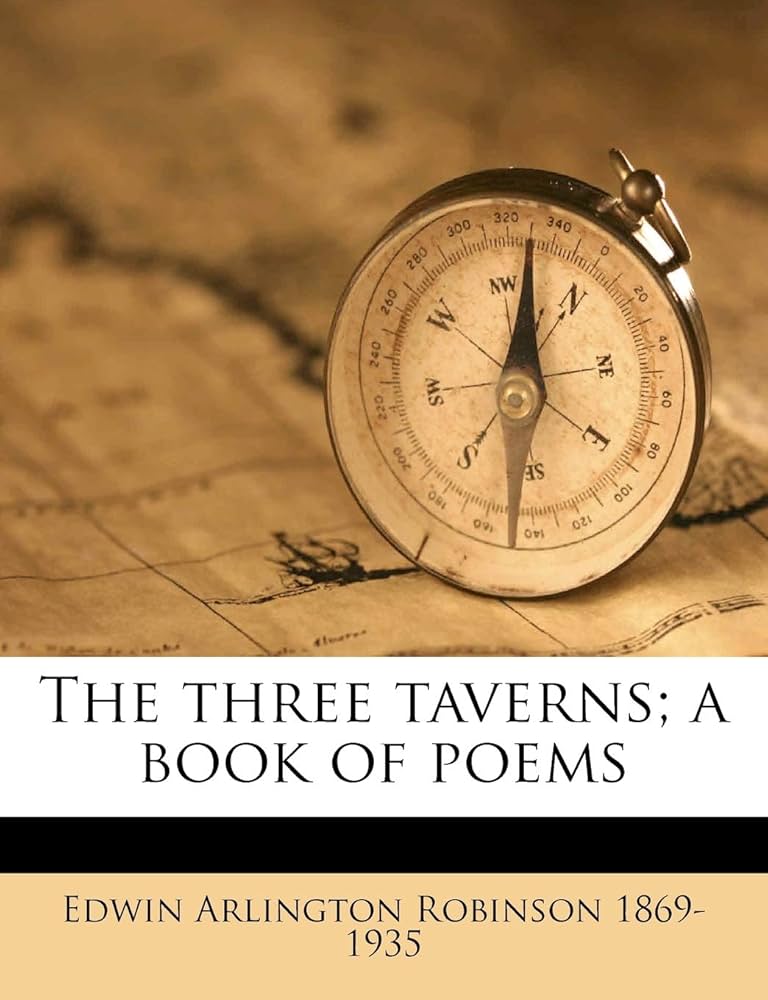On the Way
byOn the Way begins as a conversation that carries the weight of more than words. Between Hamilton and Burr flows not just dialogue, but the unspoken history of ambition, ideology, and wounds too deep for diplomacy. The setting is quiet, perhaps a garden path or a shadowed street in Philadelphia, where two minds meet not as enemies yet, but as figures standing before a fork in the nation’s future. Burr’s tone is teasing but edged with steel; he recognizes the uncertainty of their moment in history. Hamilton responds with a mix of humility and defiance, defending a vision of leadership that seeks not applause but endurance. There is a shared understanding that they both walk dangerous lines, shaped by public expectation and personal conviction.
As their exchange deepens, Burr becomes more pointed in his insinuations. He speaks of power not as duty, but as opportunity, and reminds Hamilton of how easily loyalty can shift. For Burr, the republic is fluid, its allegiance transactional, its destiny malleable to those willing to seize it. Hamilton, in contrast, stands by a more rigid philosophy: power must be earned, legacy must be built on principle. He admits that Washington’s example is one not easily followed, yet insists that the ideals of unity and vision must remain sacred. This ideological friction reveals the true chasm between the two men—not just in ambition, but in how they view the soul of the young republic.
Tension simmers beneath their civility. Burr accuses Hamilton, without saying so directly, of clinging too tightly to a dying idea—that leadership is shaped by selflessness. Hamilton counters by suggesting that without such belief, they become little more than skilled opportunists chasing glory in an ever-turning game. He reflects on New York, not as a retreat, but as a new front—where he might influence policy with quieter tools, away from Philadelphia’s storm. Burr, hearing this, does not believe it entirely. He senses that Hamilton, even in withdrawal, would never truly step away from the grand chessboard of politics.
Their conversation becomes less about immediate plans and more about legacy. Burr questions whether history will remember ideals or only victories. Hamilton, worn but resolute, believes that ideas matter—that one can lose power and still shape the future through character and service. Burr smiles at this, not dismissing it outright, but placing it in the ledger of things he cannot afford to believe. He lives in a world of outcomes, where purpose often bends to survival, and principles are luxuries for those who can afford them.
In the silence that follows, both men sense that this meeting will be among their last moments of peace. Their words were not just observations but veiled premonitions. There is no fury between them yet, only a mutual awareness of a path already carved by their choices. Robinson’s portrayal makes clear that while history might focus on pistols at dawn, the real duel began long before that, in moments like this. Here, in conversation and contemplation, we see not caricatures of hero and villain, but complex, haunted men bound by the dreams of a country still finding its name.
The added value in revisiting this poetic dramatization lies in understanding how literature can humanize figures that history often simplifies. In imagining their discourse, Robinson invites readers to consider not only what these men said but also what they feared, hoped, and could never quite confess. Their struggle reflects the timeless questions of leadership: How much of the self must be sacrificed for the greater good? Can ambition ever be entirely virtuous? Must power always leave a wound? These themes remain relevant today, as leaders across eras face the same moral forks in the road. And so, On the Way becomes more than a historical vignette—it becomes a mirror for anyone navigating ideals in a world of compromise.

